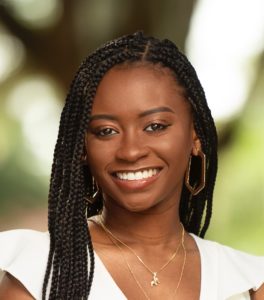|
Getting your Trinity Audio player ready...
|

It’s recycling day. You gather the usual items: last week’s newspapers, old cereal boxes, and empty soda cans.
Just as you finish rounding up all of your recyclables to place them in the blue cart, you stumble upon last night’s pizza box with grease stains and even some leftover cheese. It’s made out of cardboard; it would be a shame to throw it in the garbage.
So you hope for the best and toss it in your blue cart with the rest of the recyclables.
You figure it’s better to recycle it than to throw it away, right?
Quite the contrary. Those grease stains and the leftover traces of food will contaminate an entire load of good recyclables.
There’s a special term for putting non-recyclable or potentially reusable items in the recycling cart. It’s known as “wishful” recycling, or aspirational recycling, and it’s a big problem for Miami-Dade County’s program and in other recycling efforts throughout the country. County residents are so eager to be green that many items, which are meant to be discarded, end up polluting clean batches of recyclables, making them unmarketable.
Some of the most common items that end up in the blue cart are plastic bags and containers. Plastic grocery bags are the biggest culprits that interfere with the sorting process. When the plastic bags pass through the machine, the bags melt and the remnants clog the machine and its gears. Every two hours, the machinery has to be shut down to remove melted bags from the gears so they’re able to run smoothly once again.
Although the County’s recycling program is not able to accept all plastics, there are alternatives if you are eager to recycle more. For example, many grocery retailers accept plastic bags as well as plastics and foam containers (such as yogurt cups, meat trays and egg cartons).
While wishful recycling comes from a genuine desire to help the environment, it is important to note how it negatively affects the recycling effort. Remember, before you put your blue cart at the curb, make sure to dispose of garbage properly and place only acceptable items in the blue recycling cart.
For more information on proper curbside recycling, please call 311 or visit the Solid Waste Management website at www.miamidade.gov/solidwaste.
Taylor Love served as an advertising assistant/intern with the Miami-Dade Communications and Customer Experience Department. She is a 2020 graduate of Florida State University and currently a master’s degree student at Boston University





